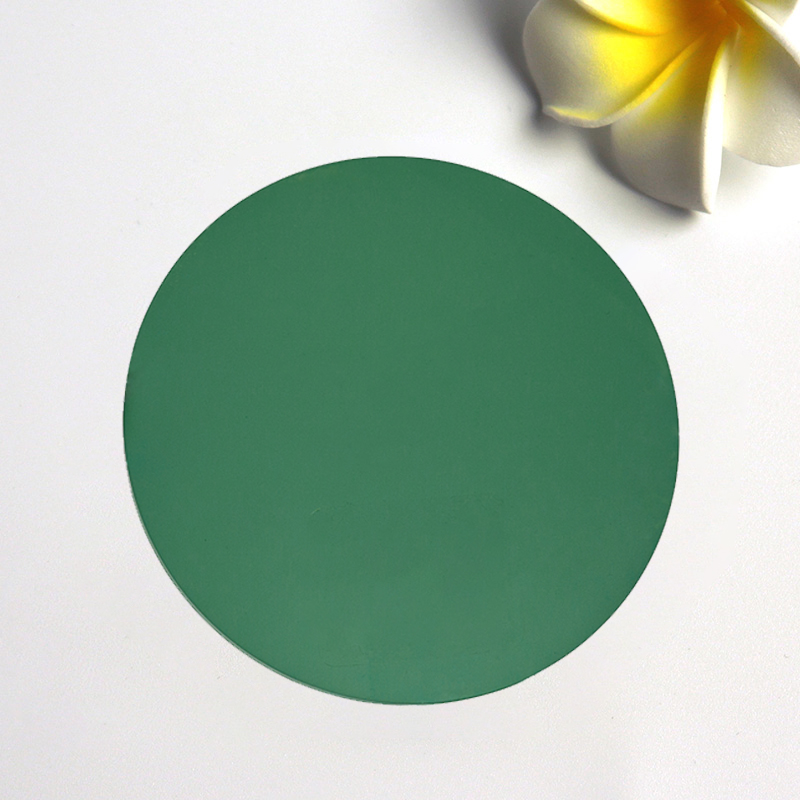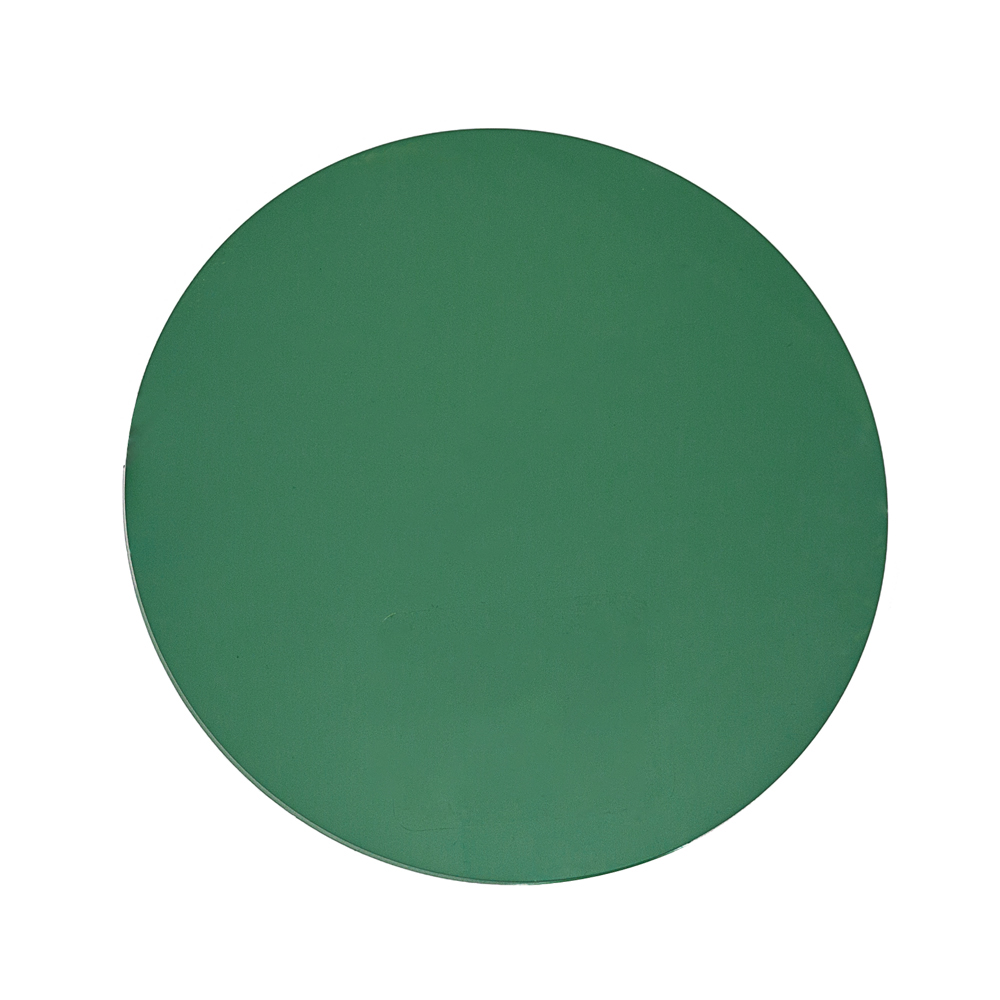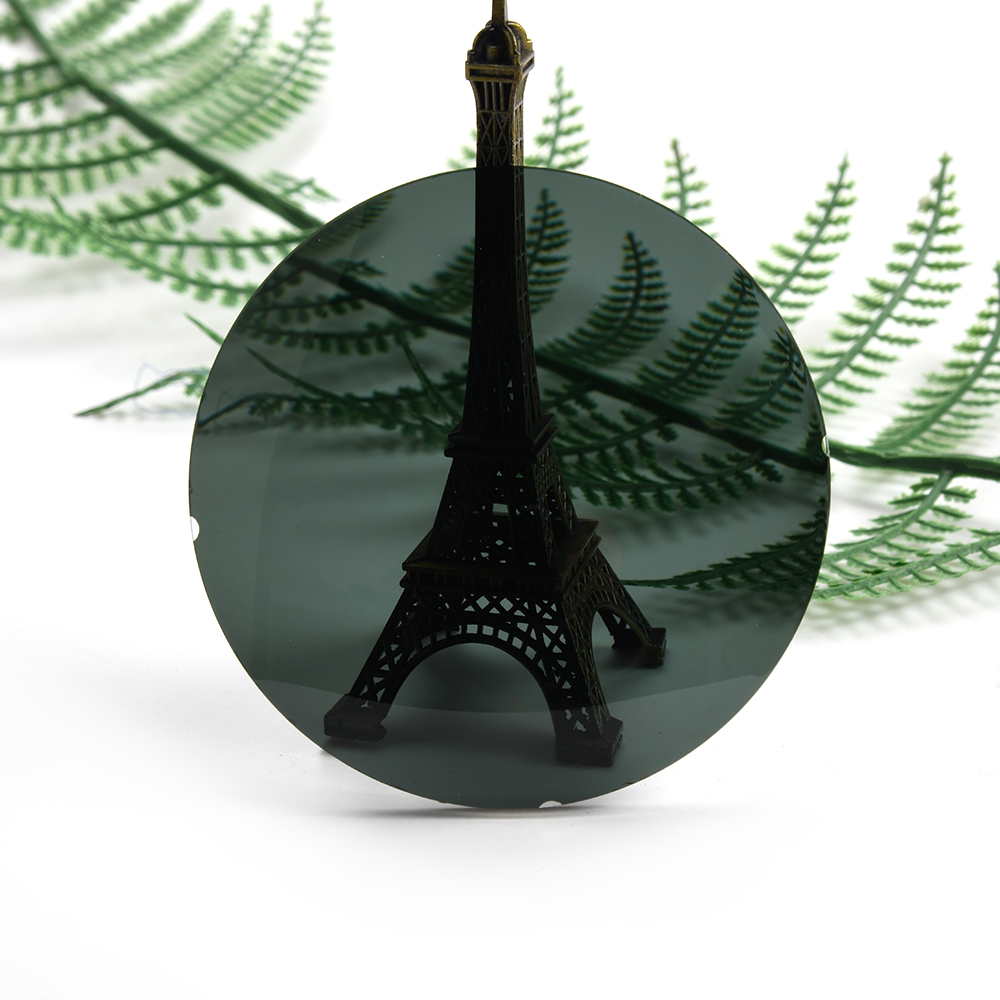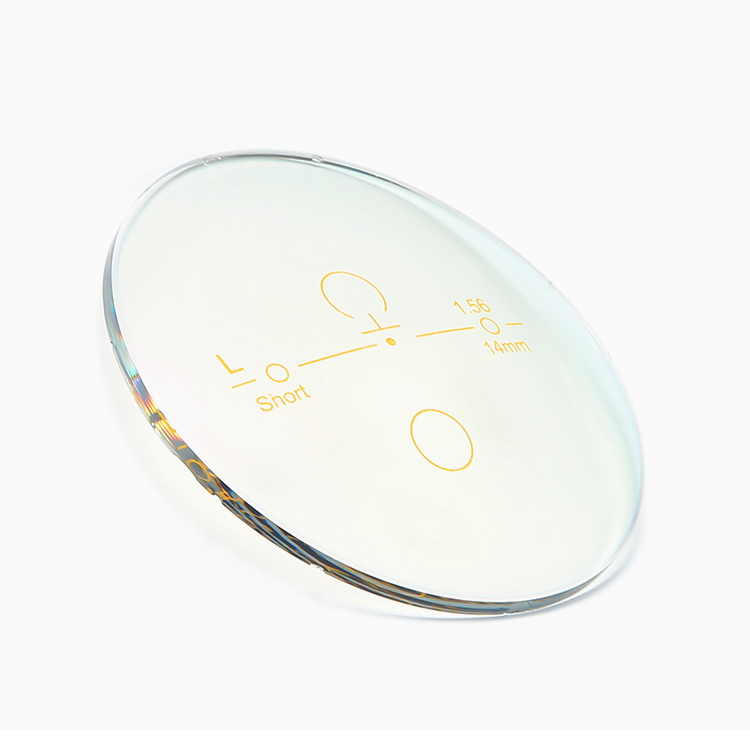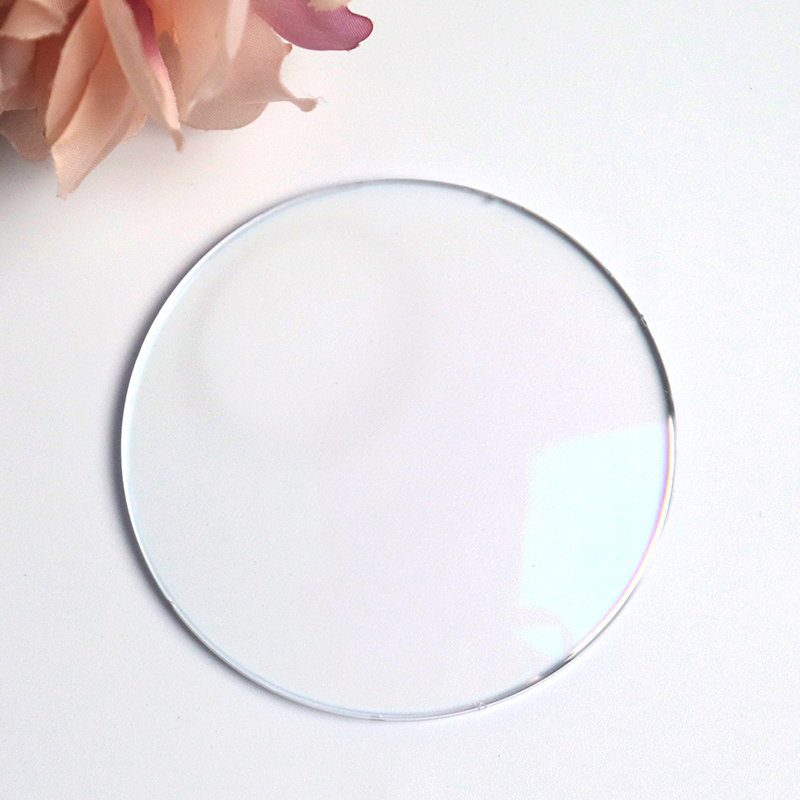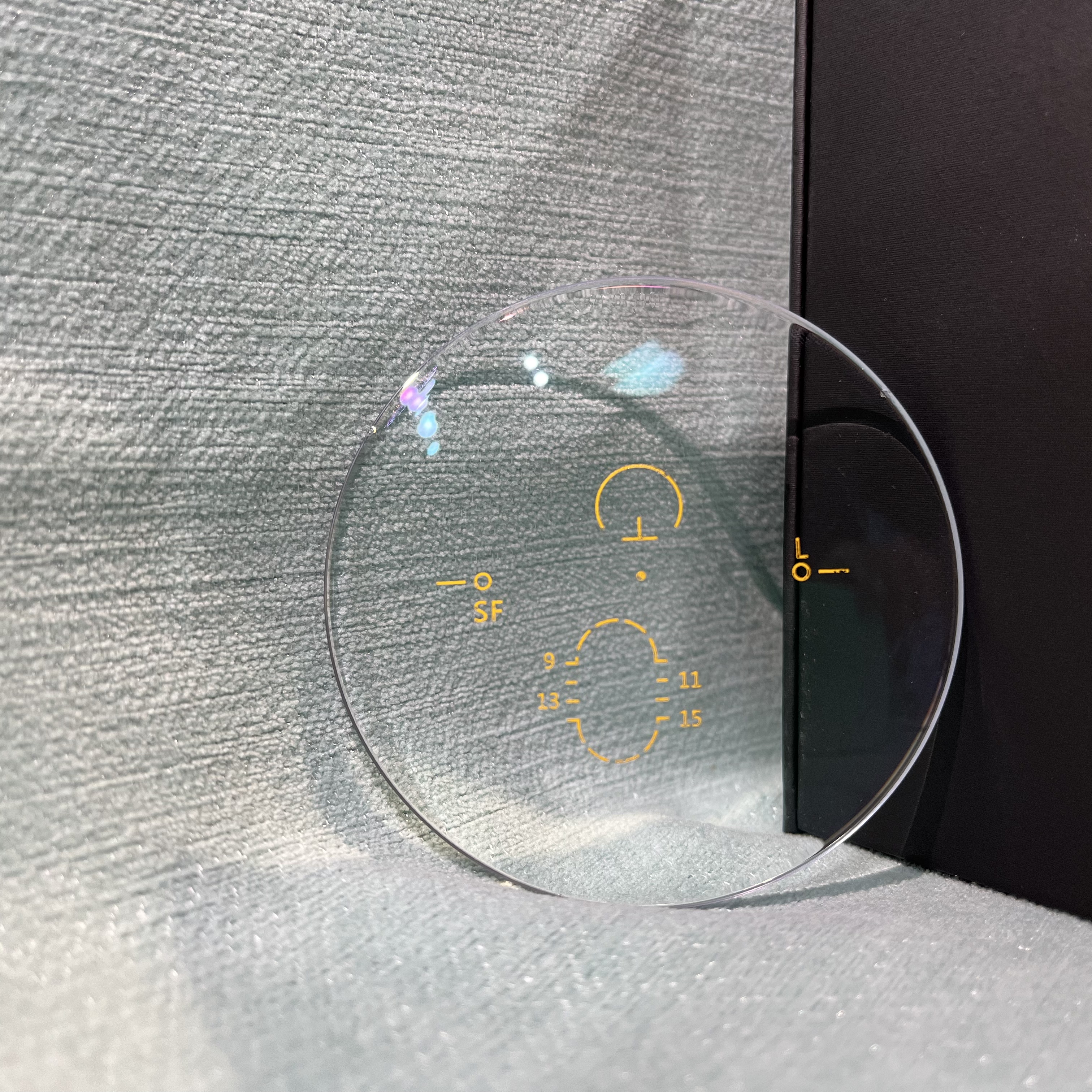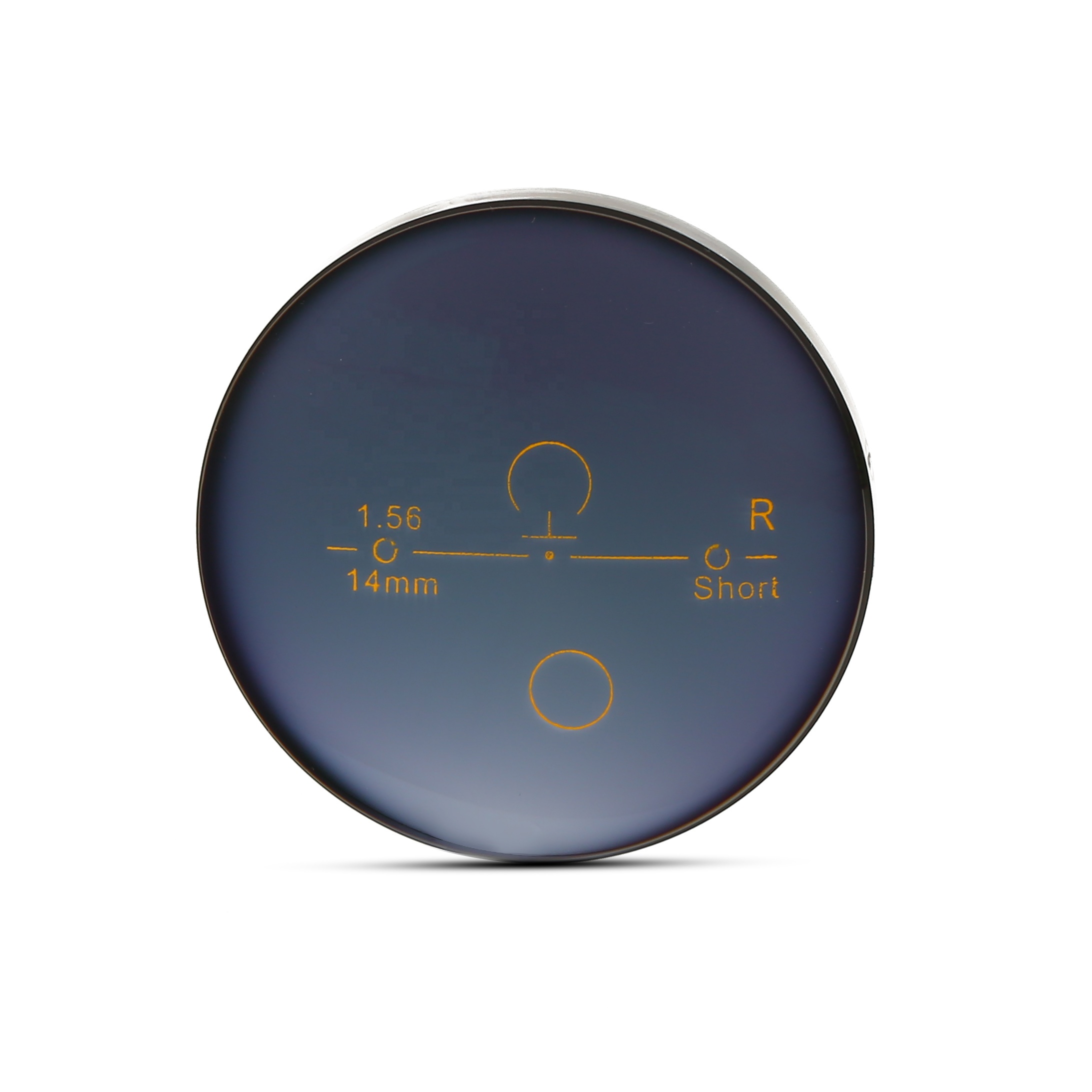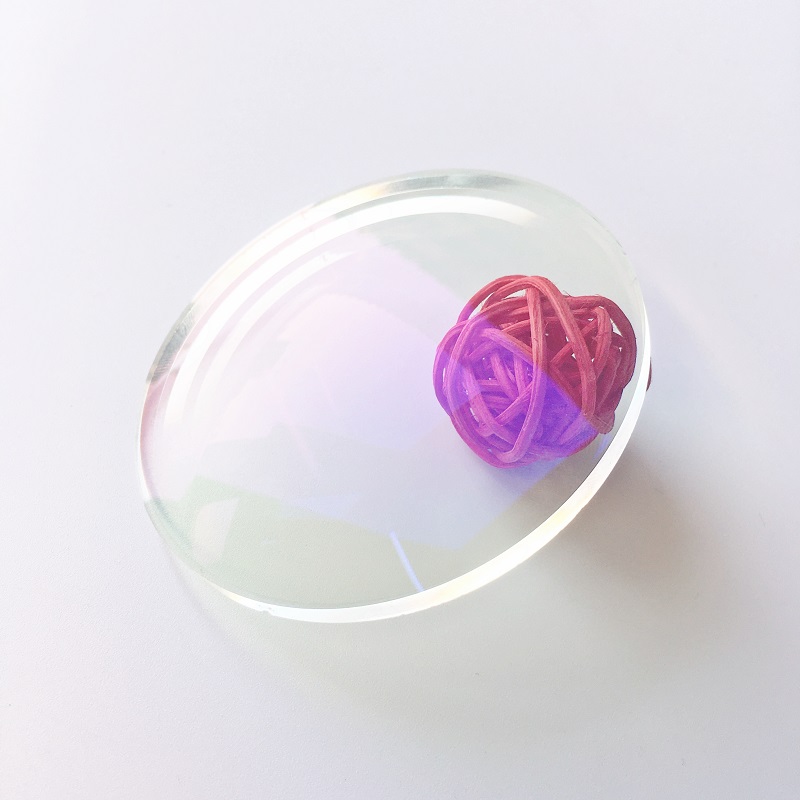SETO 1.50 Tinted Sunglasses lenses
Specification
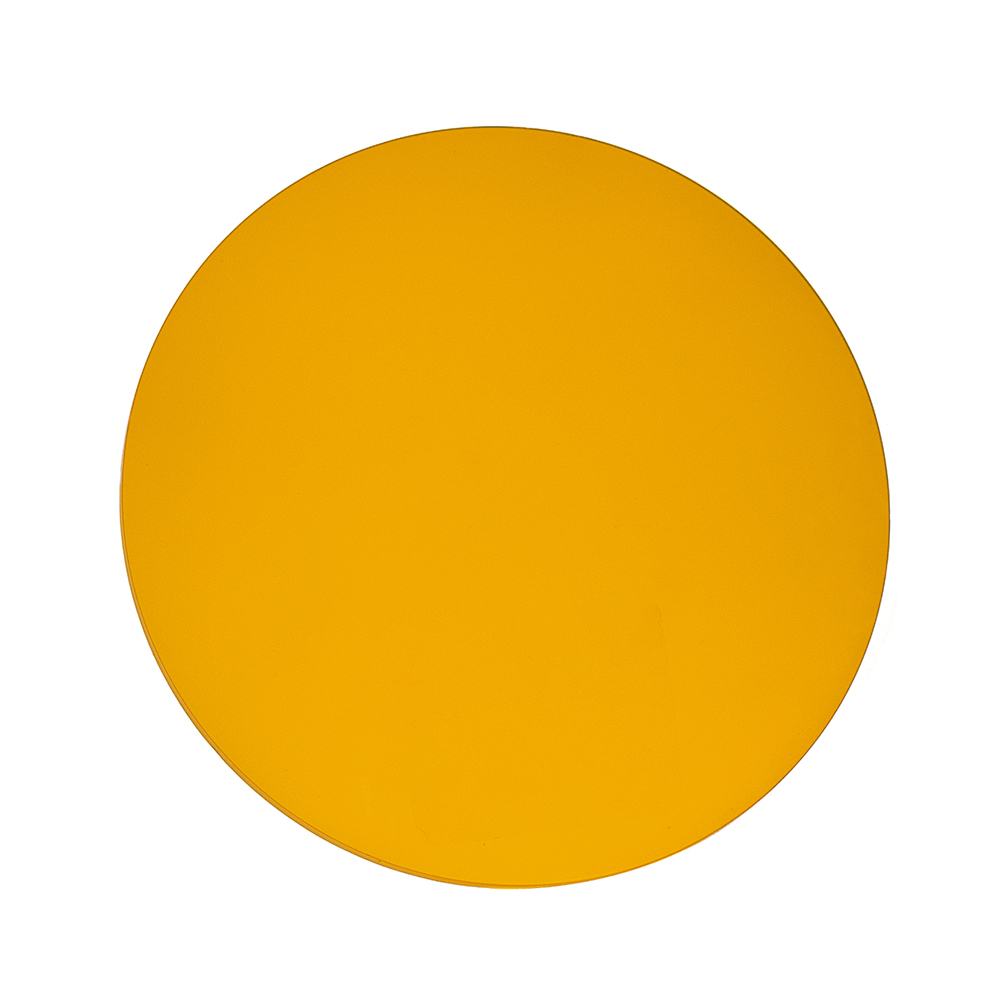
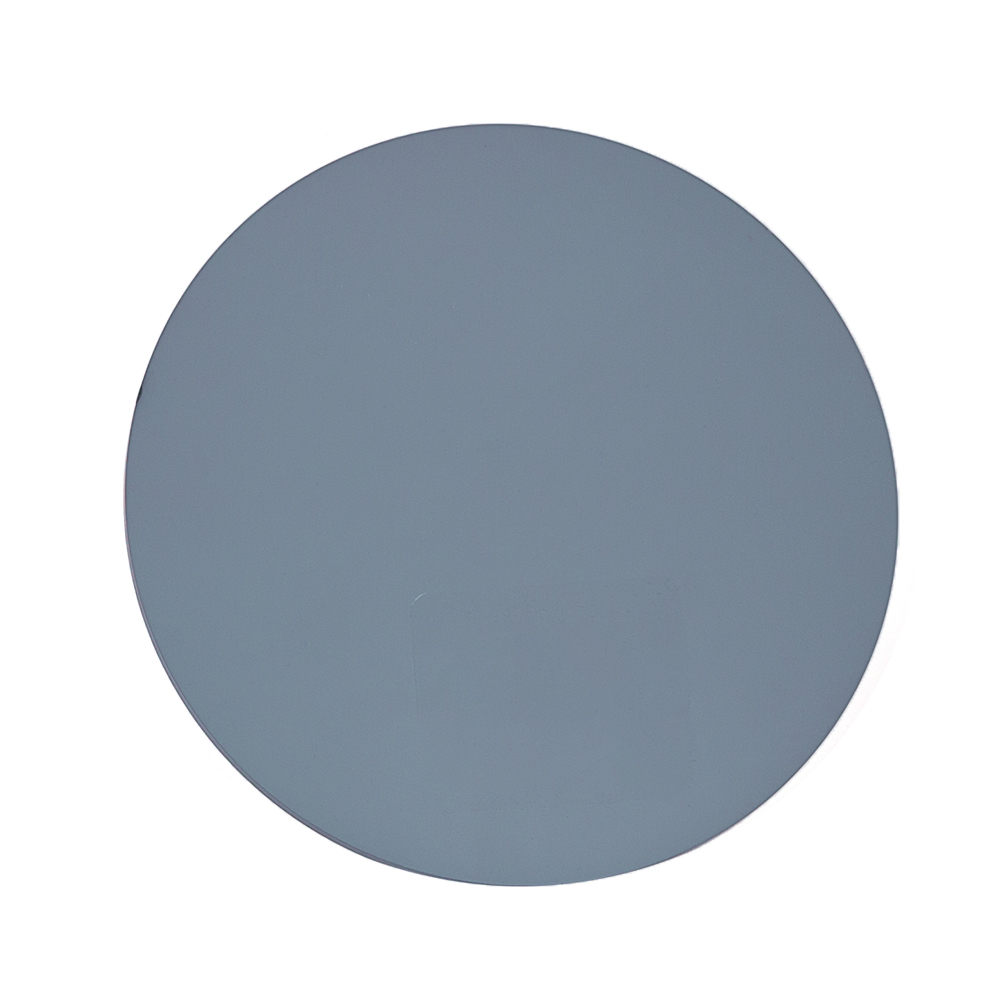
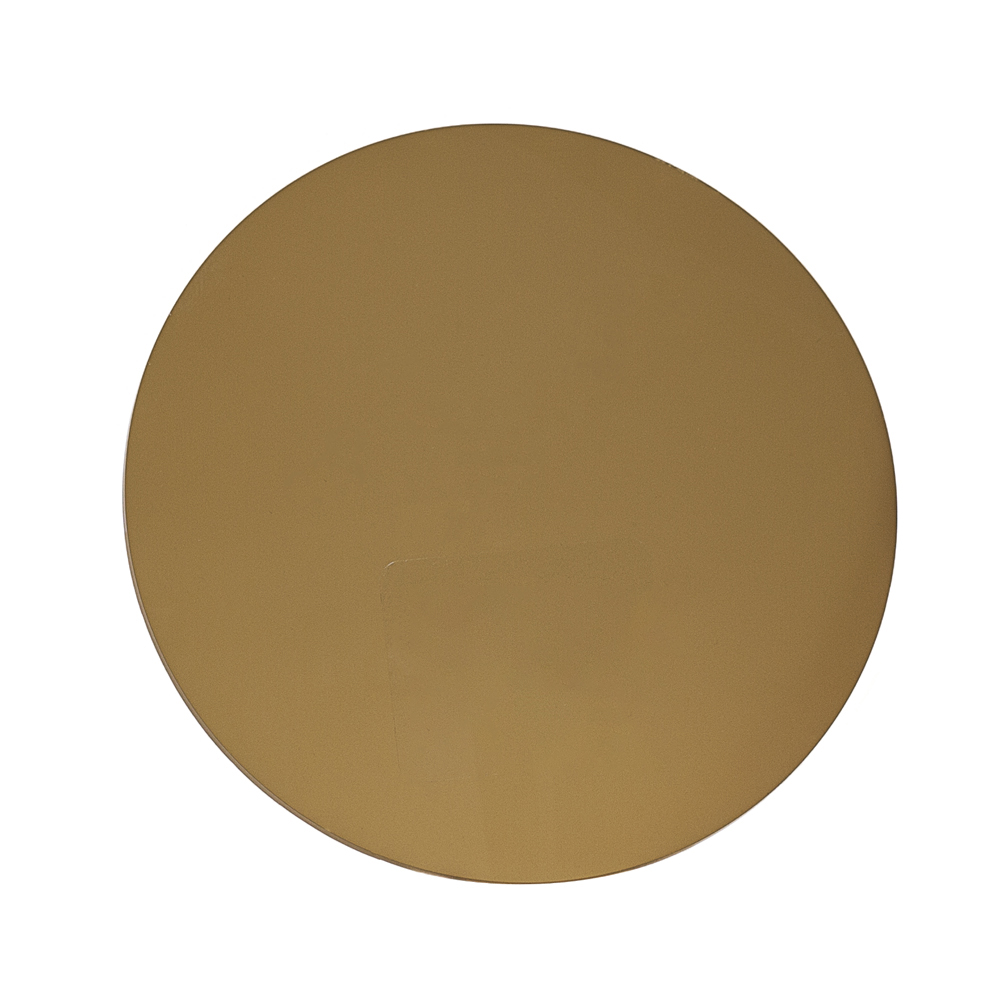
| 1.50 sunglasses eyes colored tinted lens |
|
| Model: | 1.50 optical lens |
| Place of Origin: | Jiangsu, China |
| Brand: | SETO |
| Lenses Material: | Resin |
| Function: | sunglasses |
| Color Selection: | Customization |
| Lenses Color: | various color |
| Refractive Index: | 1.50 |
| Diameter: | 70 mm |
| Abbe Value: | 58 |
| Specific Gravity: | 1.27 |
| Transmittance: | 30%~ 70% |
| Coating Choice: | HC |
| Coating color | Green |
| Power Range: | Plano |
Product Features
1.The principle of lens tinting
As we know, the production of resin lenses is divided stock lenses and Rx lenses, and tinting belongs to the latter, which is customized according to the customer's personalized prescription needs.
In fact, the common tinting is to achieve by the principle that the molecular structure of the resin material at high temperature will loosen and widen the gap, and has a good affinity for hydrophobic pigment. The penetration of pigment molecules into the substrate at high temperature only occurs on the surface. Therefore, the effect of tinting only stays on the surface, and the tinting depth is generally about 0.03~0.10mm. Once the tinted lens is worn, including scratches, too large inverted edges, or manually thinned edges after tinting, there will be obvious traces of "light leakage" and affect the appearance.

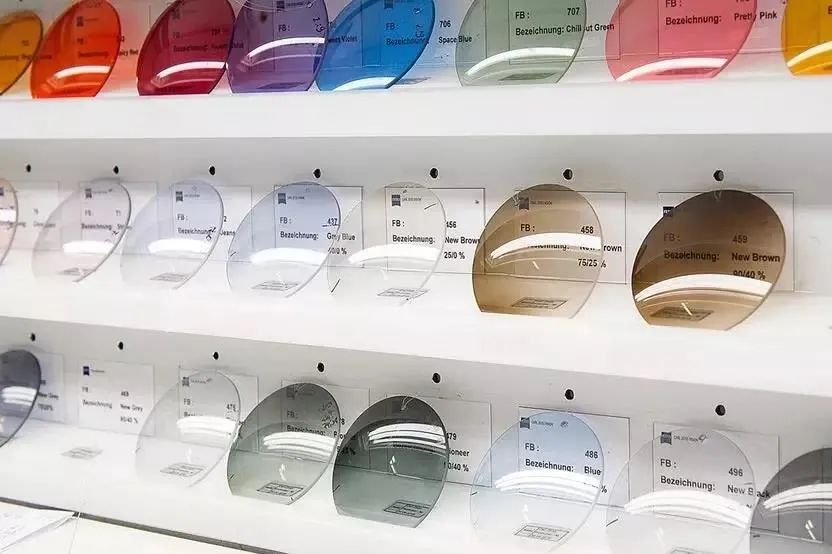
2.Five common types of tinted lens:
①Pink tinted lens: This is a very common color. It absorbs 95 percent of ultraviolet light, and some of the shorter wavelengths of visible light. In fact, this function is about the same as normal untinted lenses, which means pink tinted lens are no more protective than normal lenses. But for some people, there is a considerable psychological benefit because they feel comfortable wearing it.
②Grey tined lens: can absorb infrared ray and 98% ultraviolet ray. The biggest advantage of grey tinted lens is that it will not change the original color of the scene because of the lens, and the most satisfying is that it can very effectively reduce the light intensity.
③Green tinted lens: green lens can be said to be represented by "Ray-Ban series" lenses, it and grey lens, can effectively absorb infrared light and 99% of ultraviolet. but green tinted lenses can distort the color of certain objects. And, the effect that its cut off light is slightly inferior to grey tinted lens, however, green tinted len still is tantamount to excellent protective lens.
④Brown tinted lens: These absorb about the same amount of light as green tinted lenses, but more blue light than green tinted lens. Brown tinted lenses cause more color distortion than grey and green tinted lenses, so the average person is less satisfied. But it offers a different color option and slightly reduces the blue light flare, making the image sharper.
⑤Yellow tinted lens: can absorb 100% ultraviolet light, and can let infrared and 83% visible light through the lens. The yellow lens absorbs most of the blue light because when the sun shines through the atmosphere, it appears mainly as blue light (which explains why the sky is blue). Yellow lenses absorb blue light to make natural scenes clearer, so they are often used as "filters" or by hunters when hunting. However, no one has proved that shooters are better at target shooting because they wear yellow glasses.

3. Coating Choice?

As Sunglasses lens, hard coating is the only coating choice for it.
The advantage of hard coating:To protect the uncoated lenses from scratch resistance.
Certification



Our Factory



